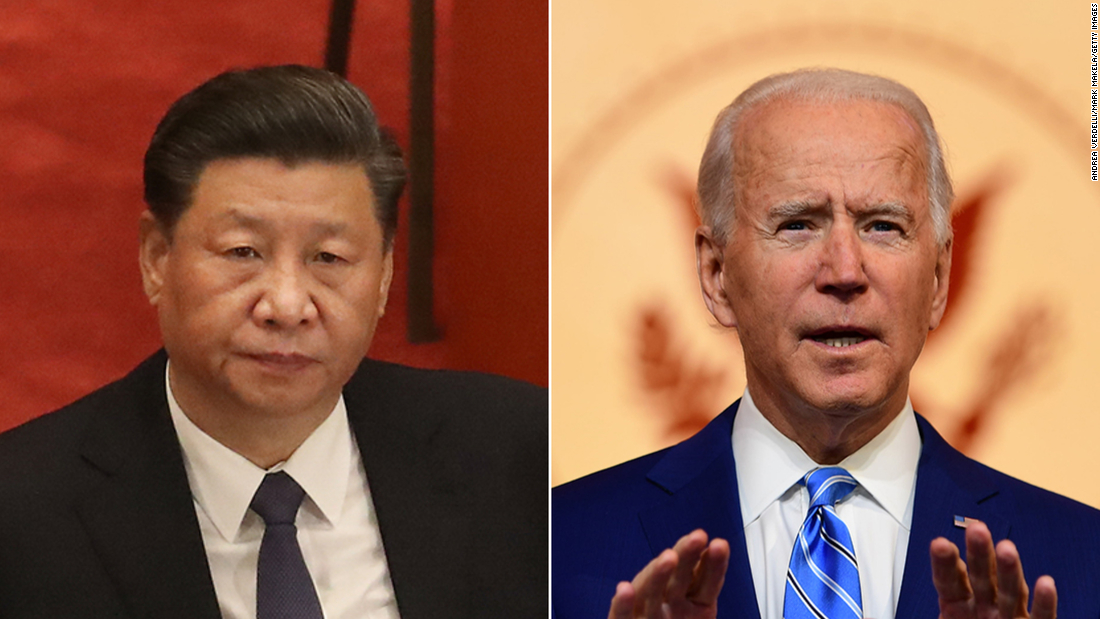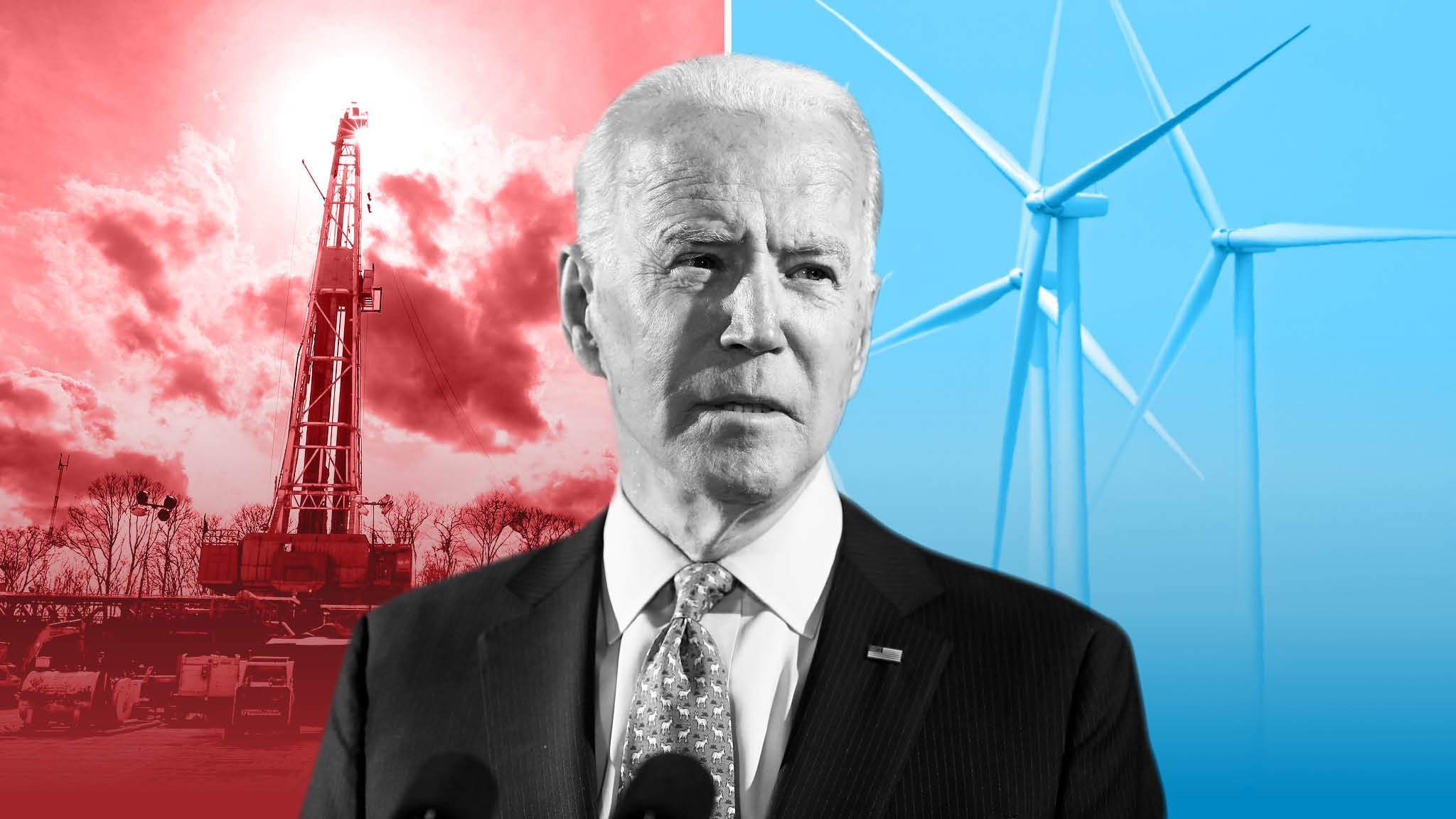
The US Wants To Do Its Own Thing, but China Is Not Deterred
(China) on 21 January 2021
by (link to original)
This is an inaugural speech clearly focused on domestic issues in the U.S., and many analysts believe early policies in the Biden administration will focus on the issues he listed. Biden clearly wants to at least partially mend the rifts in American society and restore a certain degree of unity. If translated into Chinese political discourse, he is essentially calling on the U.S. to “do its own thing well” in order to rejuvenate the country.
According to the Global Times, Biden’s big ideas are closer to the real conditions in the United States and much more rational than his predecessor Donald Trump’s attempts to blame a large number of U.S. problems on external forces. Another very important point is that China absolutely could become a partner of the U.S. in battling the pandemic, solving the climate crisis and promoting economic growth. Cooperation between China and the U.S. is obviously more conducive to realizing Washington’s new ambitions than if the two countries continue to invest in confrontation.
However, the work of the Biden administration will undoubtedly be difficult. The U.S. is currently facing more challenges than it was four years ago, its available resources are even less abundant and the advantage held by the Democratic Party, on which the new administration relies, is not obvious in Congress. In addition, most of the American public views Biden as a weak president, and Trump, who has left office, still maintains a considerable amount of political power. Resistance to the Biden administration should not be underestimated.
Unity is a noble pursuit and it is often the call of the victor, but it is the attitude of the loser that determines how successful such calls can be. Additionally, the U.S. midterm election will arrive in two years, and this will almost certainly lead to another round of fierce combat between the political parties. American society has to constantly alternate between division and unity, thus making it difficult to achieve political equilibrium.
What is rare, however, is that no matter how hard it is to unite, Biden has shown courage in facing this problem head-on, regarding it as the most important goal for the U.S. to strive for. If the United States does its own thing well and China does the same, then the two great powers can simultaneously compete with each other instead of pointing fingers. If this can truly be achieved, both countries will progress from their existing foundations and the world will be much more harmonious.
Of course, things are not that simple. After four years of mobilization by the Trump administration, American perceptions of and attitudes toward China have changed significantly, and the hard-line idea of containing China has become very marketable in the U.S. People have noticed that Taiwan’s representative to the United States, Hsiao Bi-khim, was invited to attend Biden’s inauguration. This has never happened before. His nominee for secretary of state, Antony Blinken, and others have stated in Congress that Trump’s attitude toward China was “right.” Time will tell what these sporadic messages during the transition period actually mean.
One very important point is that China-U.S. relations have deteriorated over the past four years. All conflicts have been instigated by Washington, and China has only responded and countered. The results of repeated conflicts have proven at least two points: One is that China is always on the defense in conflicts between China and the United States, never the provocateur; the other is that China is very powerful and definitely not something the U.S. can bring down or suffocate through containment and suppression efforts. Trump’s China policies have failed, and this is obvious from a comparison of the developing situations in both countries as Trump stepped down. Renewed cooperation with China is more in the interests of the U.S.
American society’s favorable views toward China have certainly declined in the past four years, but the Biden administration does not need to believe that a continuation of the previous administration’s China policies is politically advantageous in the United States. The reality is that less confrontation and more cooperation is a strong public preference in all countries. China and the U.S. have such a large area for cooperation. They carry important interests of the American people. To stabilize and expand such cooperation, no matter what some politicians and media say, will naturally promote stability in the hearts of the American people.

